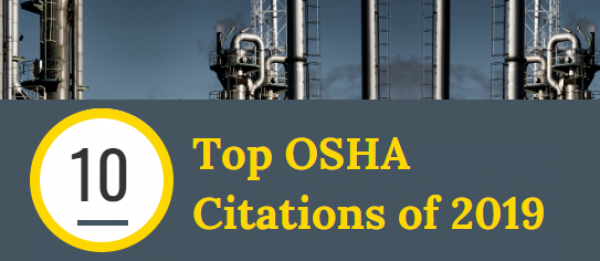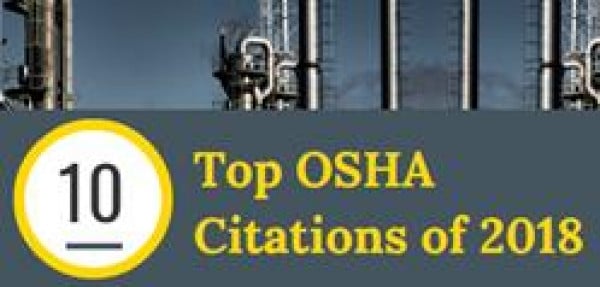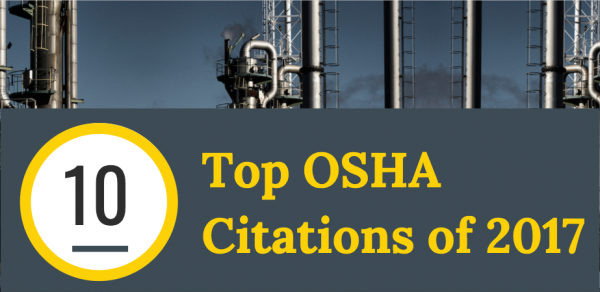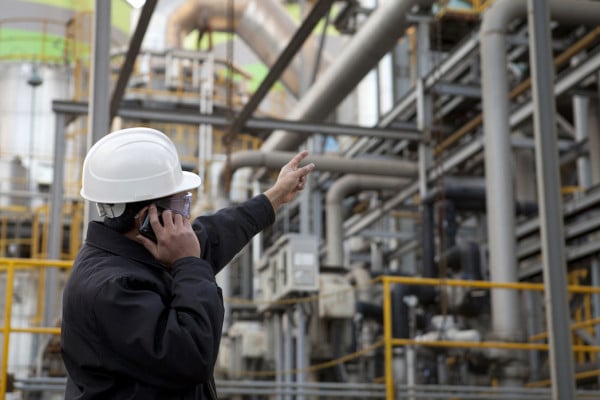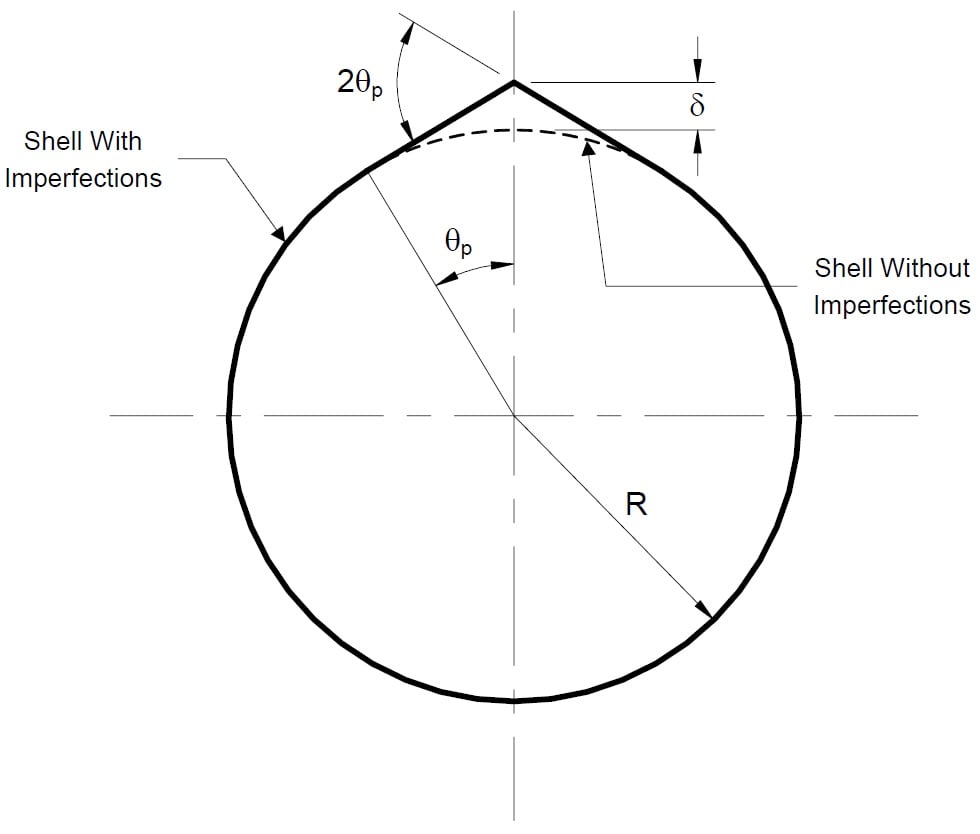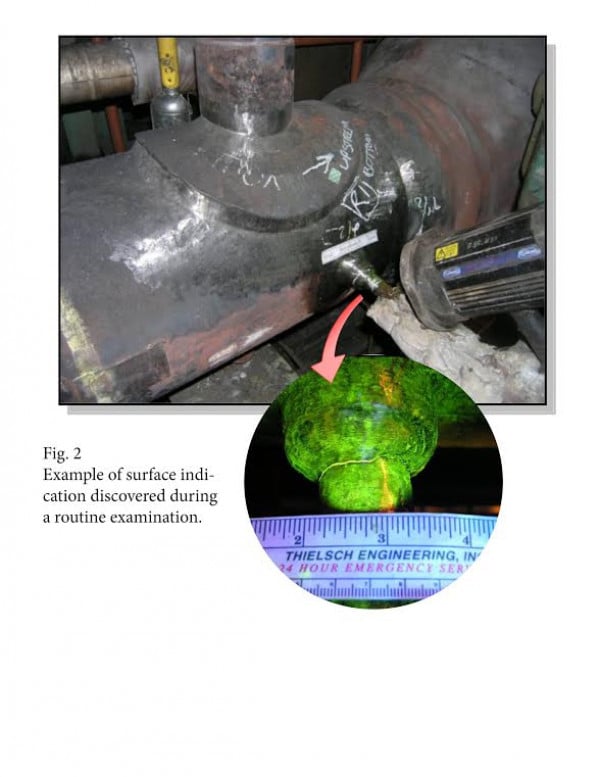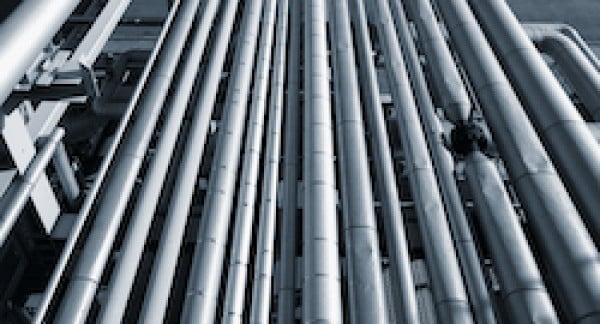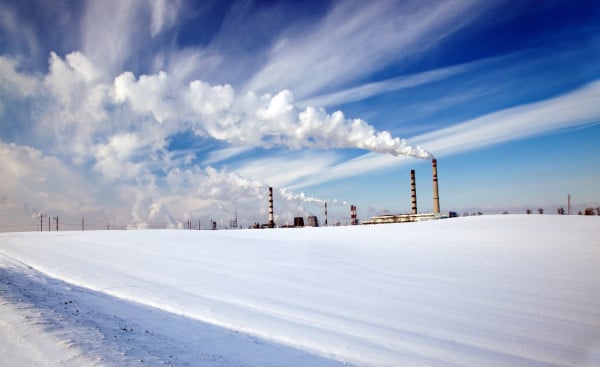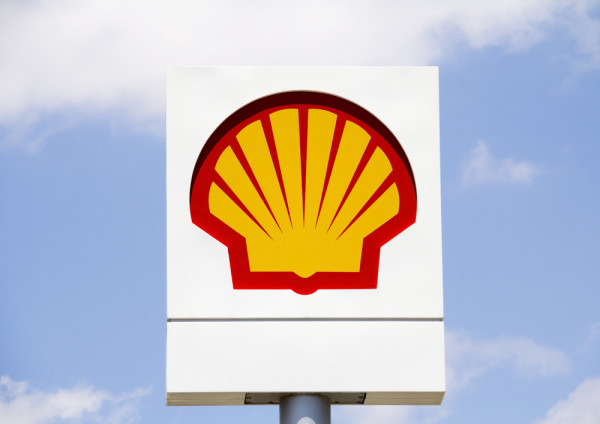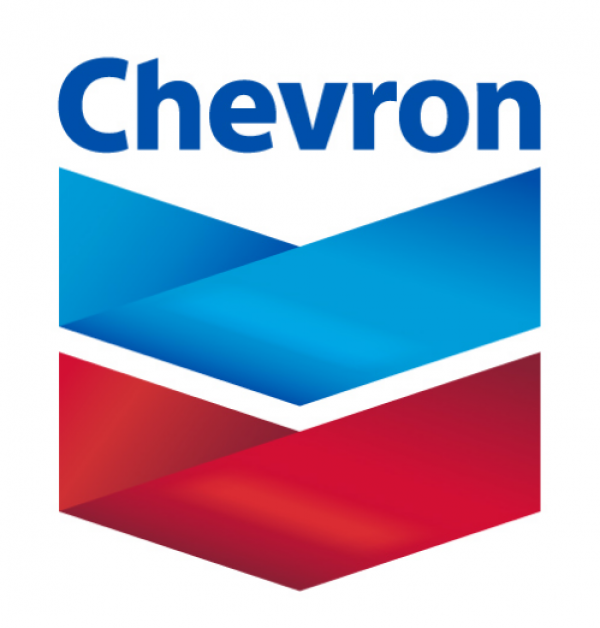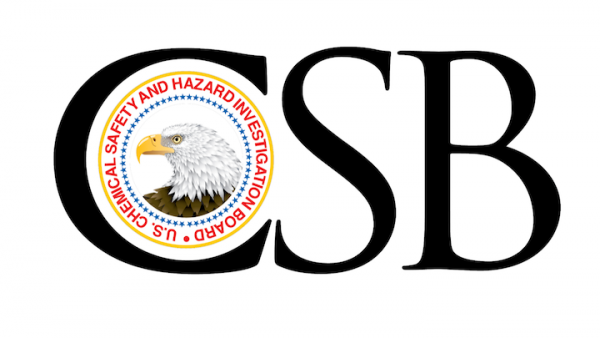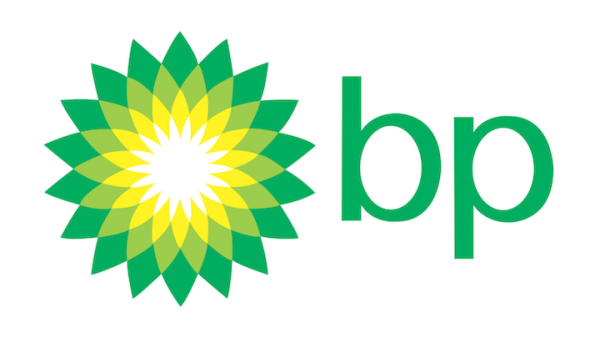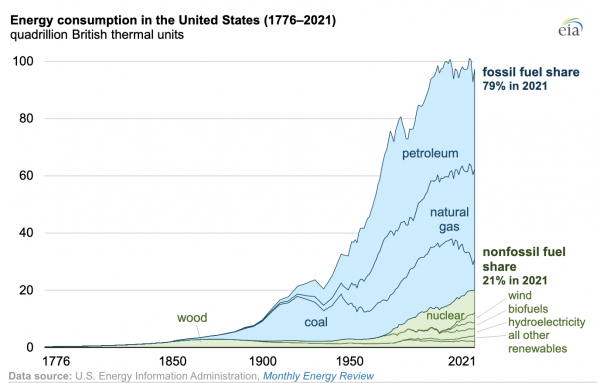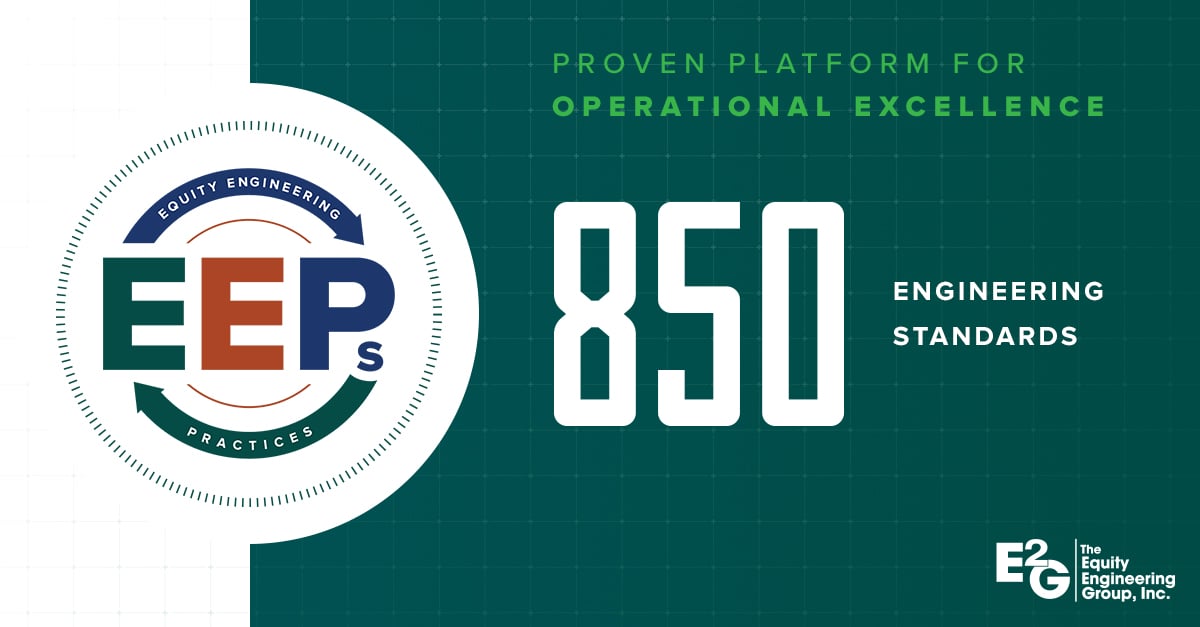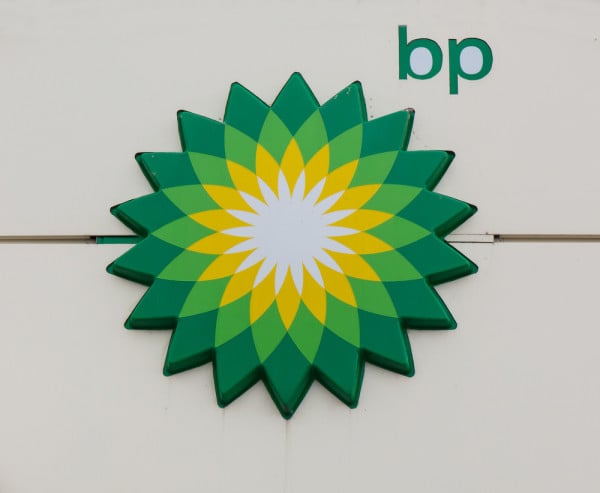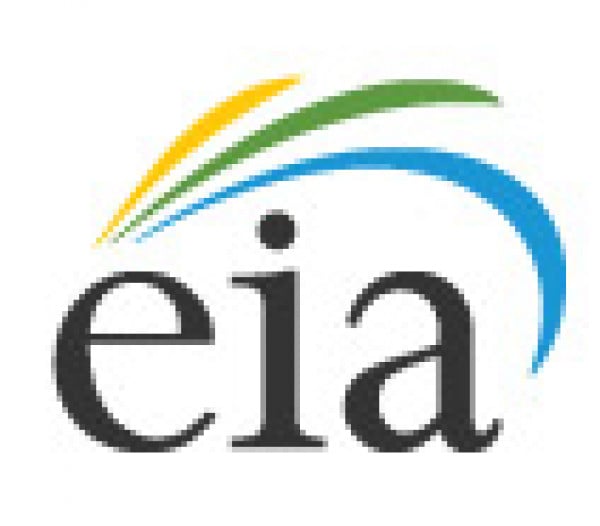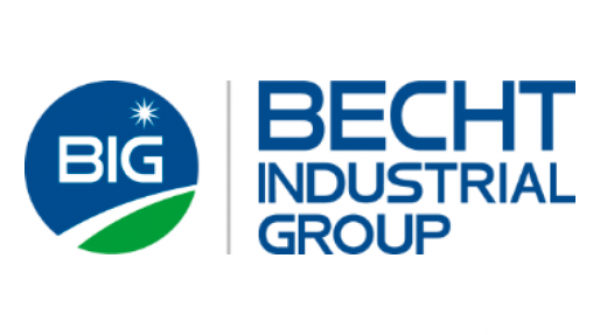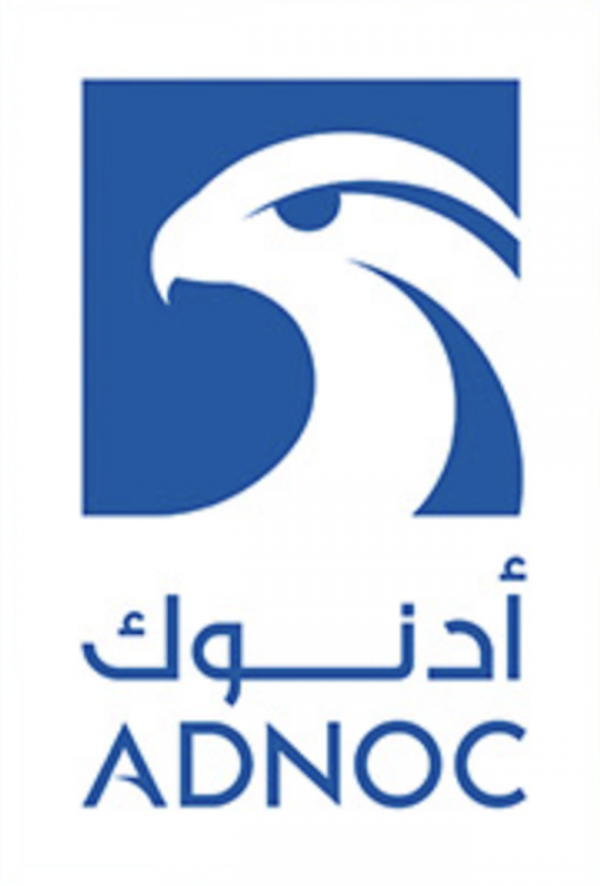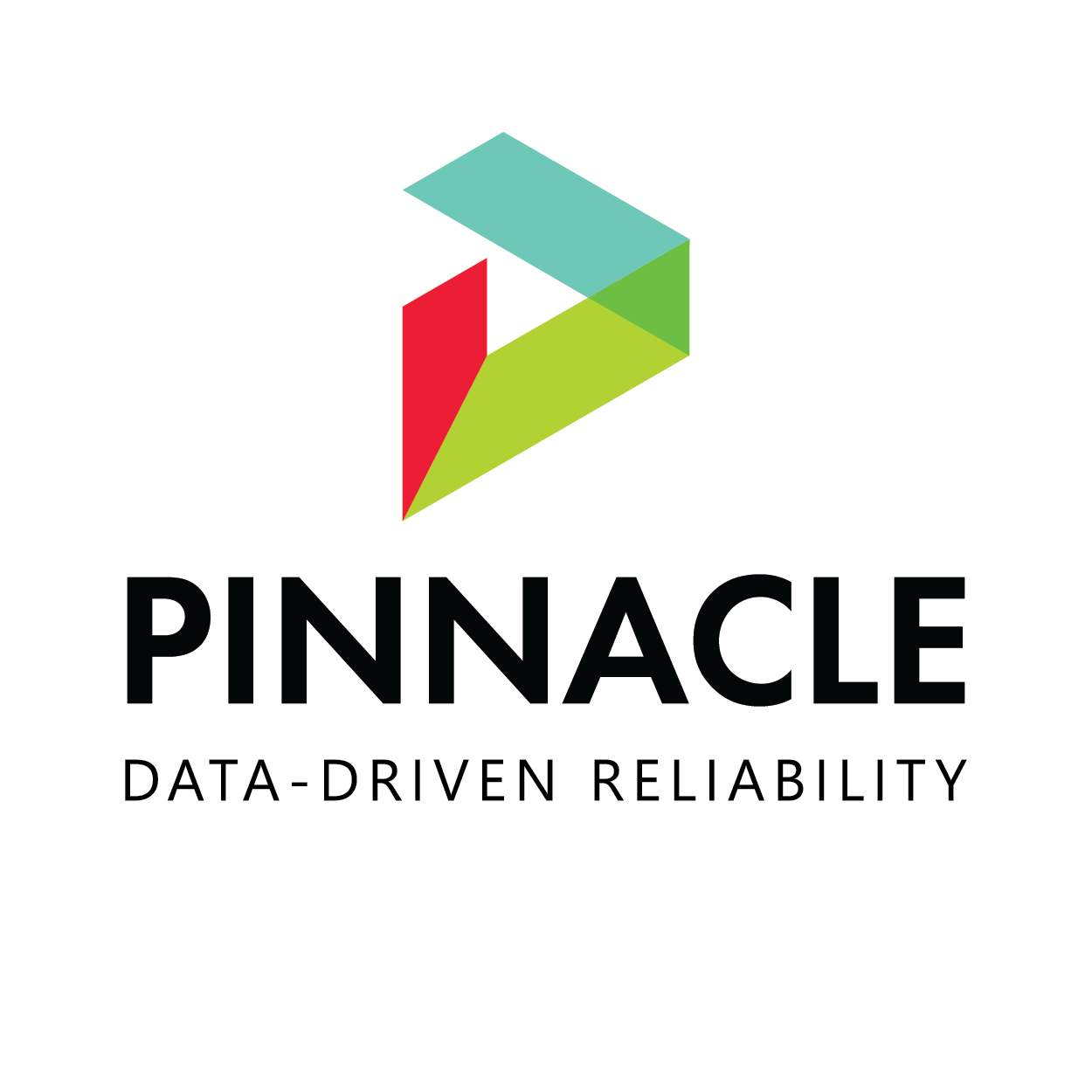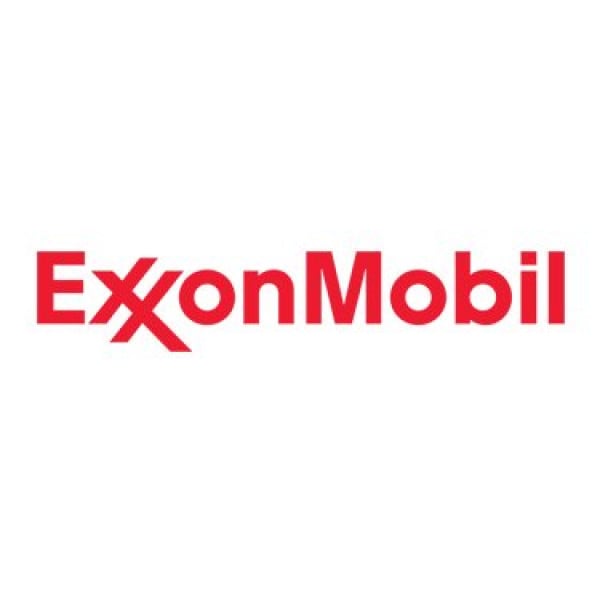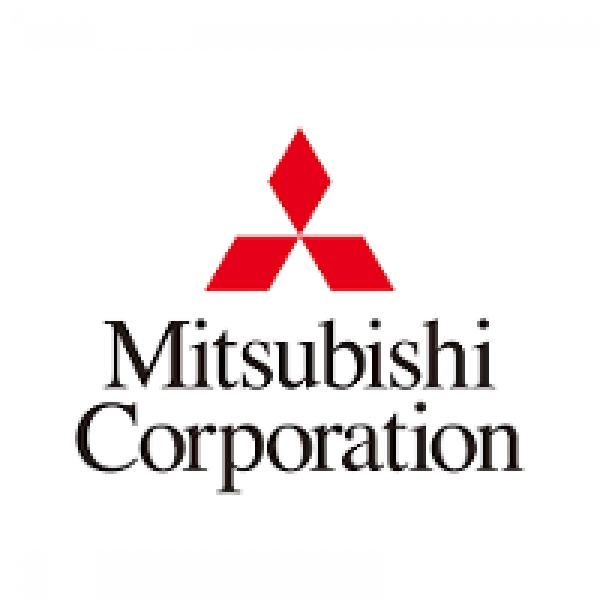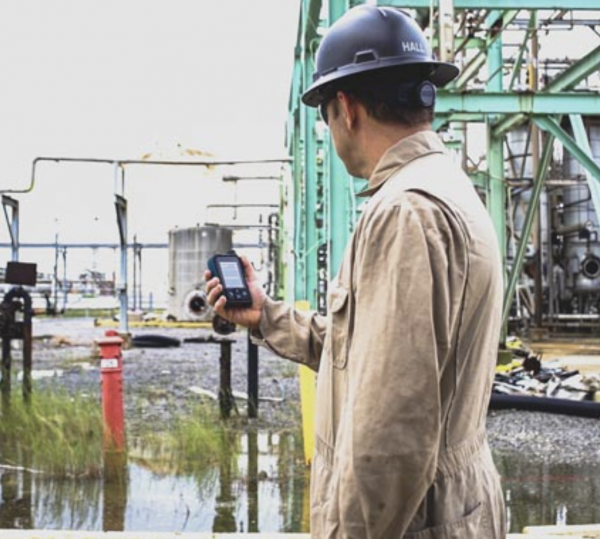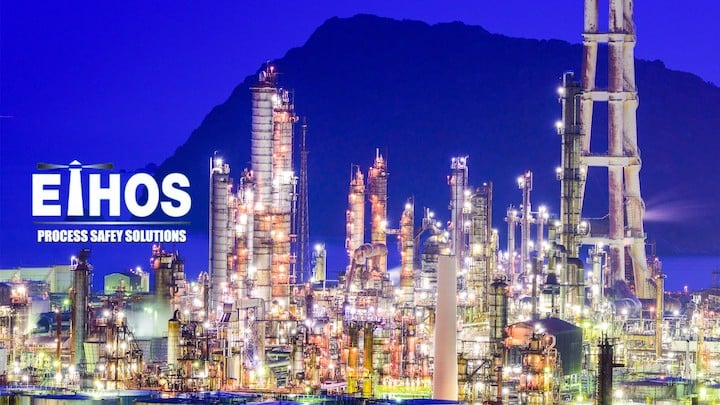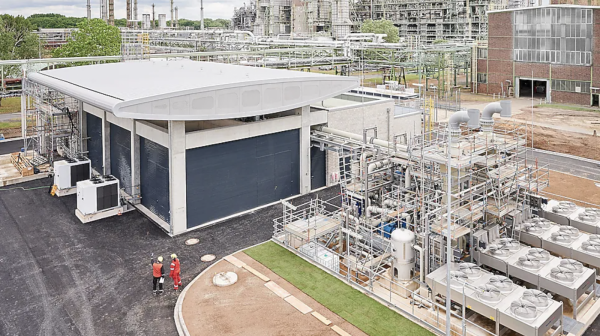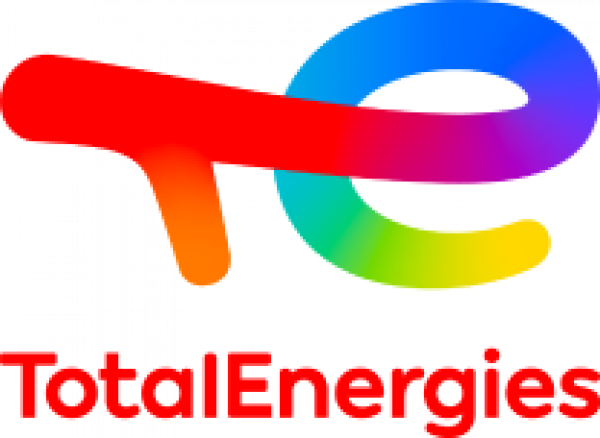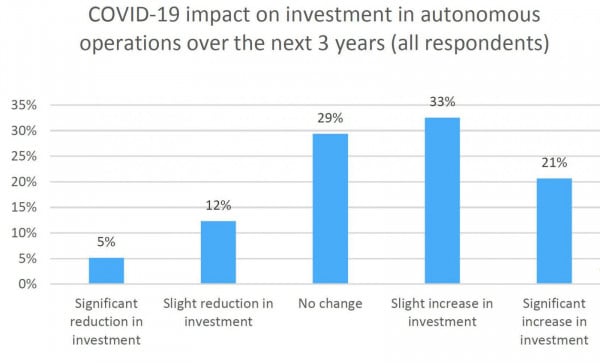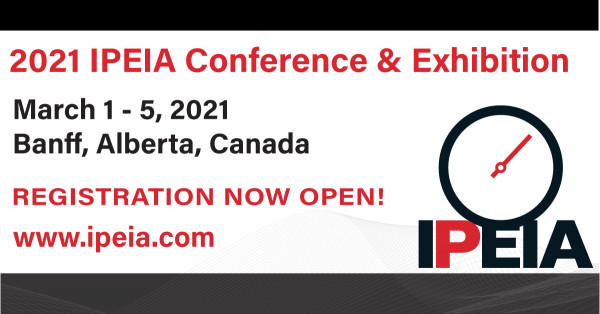The Power Generation (a.k.a., PowerGen) industry plays a pivotal role in meeting the world's growing energy demands, powering homes, industries, and economies with the electricity required to operate. Over the last century, the power generation industry has witnessed significant technological advancements as well as a shift towards cleaner and more sustainable energy sources. While fossil fuels continue to play a dominant role, the increasing deployment of renewable energy technologies and advancements in nuclear power have diversified the industry landscape.
The power generation industry has many things in common with the refining and chemical processing industries, utilizing much of the same equipment, like pressure vessels and piping, and sharing many of the same mechanical integrity and reliability concerns. Some of the most common damage mechanisms in power plants are corrosion, creep, and thermal fatigue. Risk based inspection (RBI) is often used to prioritize inspection and maintenance efforts, and to reduce the uncertainties around the true damage state of the equipment.
Sources of Power
Power generation can generally be broken down into three categories grouped by sources: Fossil Fuels, Nuclear Power, and Renewable Energy.
- FOSSIL FUELS: According to the EIA, approximately 60% of global electricity is generated from fossil fuels, with coal and natural gas being the dominant sources.
- Coal: Traditional coal-fired power plants have been a dominant source of electricity for decades. However, concerns about environmental pollution and greenhouse gas emissions have led to a decline in their usage in recent years in the United States.
- Natural Gas: Gas-fired power plants have gained popularity due to their lower emissions compared to coal. Combined cycle plants, which utilize both gas and steam turbines, are becoming increasingly common for efficiency improvements.
- NUCLEAR POWER: Nuclear power represents around 10% of global electricity generation, providing a stable and low-emission energy source in a handful of countries.
- Nuclear power plants utilize the process of nuclear fission to generate electricity. Despite concerns about safety and nuclear waste, nuclear power remains a low-carbon option with a high energy density.
- RENEWABLE ENERGY: Renewable energy sources like solar, wind, hydro, and geothermal account for approximately 26% of global electricity generation, a number that has been steadily increasing for the last several decades.
- Solar Power: Solar panels convert sunlight into electricity and are now widely deployed around the globe. Moreover, the decreasing cost of solar technology has made it an attractive option for both residential and utility-scale applications.
- Wind Power: Wind turbines harness the kinetic energy of the wind to generate electricity. Onshore and offshore wind farms have seen substantial growth, contributing significantly to renewable energy capacity.
- Hydropower: Hydropower involves harnessing the energy of flowing water from rivers, lakes, and oceans to turn turbines and generate electricity.
- Geothermal Power: Geothermal harnesses heat from the Earth's interior to generate electricity. Geothermal power plants are usually located in regions with high geothermal activity, providing a consistent and sustainable energy source.
Mechanical Integrity Concerns
Mechanical integrity refers to the ability of equipment, systems, and components to perform their intended functions reliably and safely throughout their operational life. Ensuring mechanical integrity is crucial for preventing accidents, minimizing downtime, and maintaining the overall reliability of power generation facilities. Several key concerns are associated with mechanical integrity in the power generation industry:
- Pressure Equipment Integrity:
- The power generation industry often involves high-pressure steam systems in boilers. Ensuring the mechanical integrity of these pressure vessels is critical to prevent leaks, ruptures, and catastrophic failures. Regular inspections, maintenance, and compliance with relevant codes and standards (e.g., ASME Boiler and Pressure Vessel Code) are essential.
- Turbine Integrity:
- Turbines play a central role in converting thermal energy into mechanical energy. Mechanical integrity concerns include rotor imbalance, blade erosion, and steam path degradation. Regular inspections, vibration monitoring, and maintenance are necessary to ensure turbine reliability.
- Piping Integrity:
- The power generation industry relies on an extensive network of pipes to transport fluids, such as steam, water, and coolant. Piping integrity concerns include corrosion, erosion, vibration-induced fatigue, and stress corrosion cracking. Regular inspections, corrosion monitoring, and preventive maintenance are crucial for ensuring the integrity of piping systems.
- Heat Exchanger and Condenser Integrity:
- Heat exchangers and condensers are vital components in power plants. Mechanical integrity concerns involve tube corrosion, fouling, and leaks. Regular inspections, cleaning, and maintenance are necessary to prevent heat transfer inefficiencies and system failures.
- Rotating Equipment Integrity:
- Mechanical integrity concerns for generators and motors include bearing wear, misalignment, and rotor imbalances. Regular vibration monitoring, lubrication management, and alignment checks are essential to prevent unexpected failures.
- Valve Integrity:
- Control valves, safety valves, and isolation valves are critical for regulating fluid flow and ensuring system safety. Valve integrity concerns include leaks, corrosion, and improper operation. Regular testing, maintenance, and replacement of worn components are important for valve reliability.
- Structural Integrity:
- The structural integrity of buildings, supports, and foundations is crucial for the safe operation of power generation facilities. Aging infrastructure, exposure to environmental conditions, and seismic considerations are factors that must be addressed through regular inspections and structural assessments.
- Instrumentation and Control System Integrity:
- Ensuring the integrity of instrumentation and control systems is vital for maintaining safe and efficient power plant operations. Cybersecurity measures, regular system checks, and redundant control strategies help prevent malfunctions and unauthorized access.
- Environmental Considerations:
- Power generation facilities often face environmental challenges, such as exposure to corrosive gases, high temperatures, and humidity. These factors can contribute to the degradation of materials and components. Protective coatings, material selection, and environmental monitoring are crucial for maintaining mechanical integrity.
Relevant Links
Topic Tools
Share this Topic
Contribute to Definition
We welcome updates to this Integripedia definition from the Inspectioneering community. Click the link below to submit any recommended changes for Inspectioneering's team of editors to review.
Contribute to Definition


